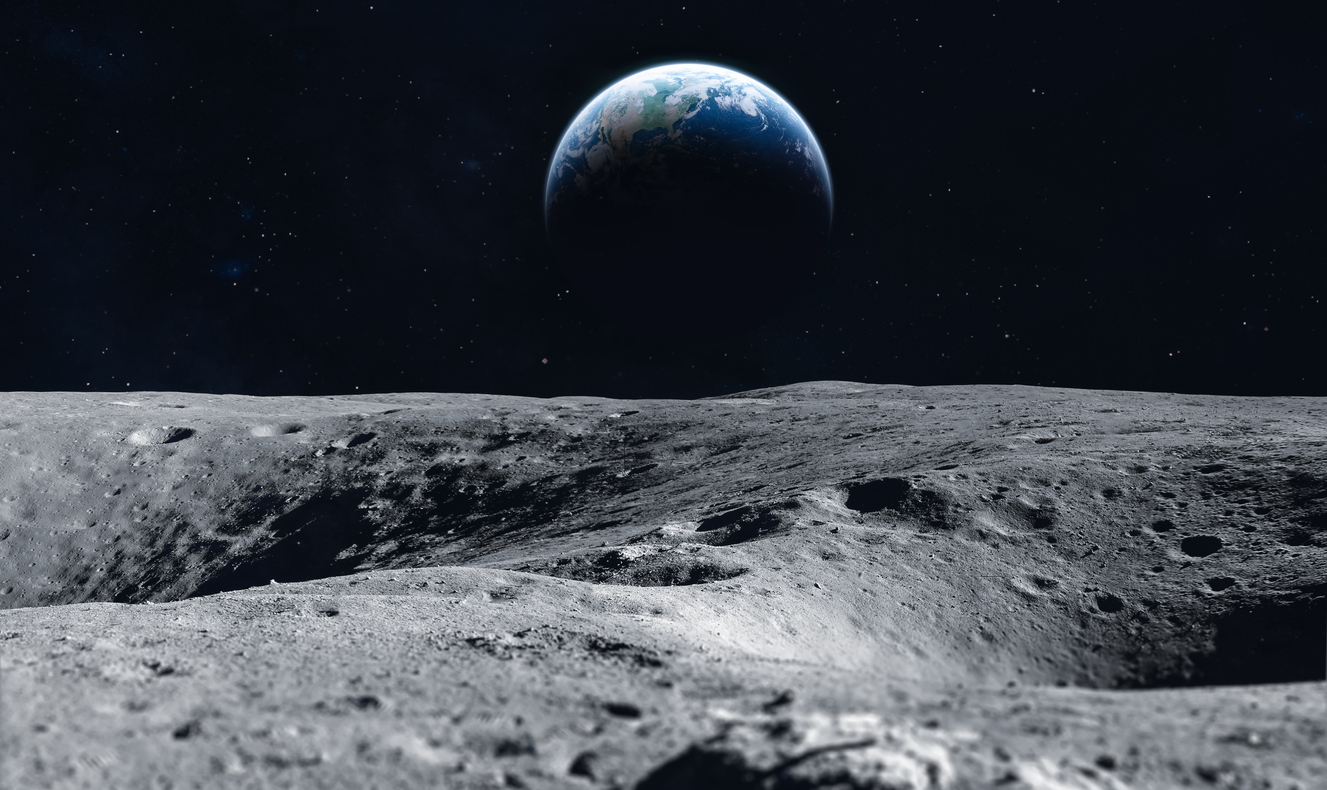On August 11, 2023, Russia launched its unmanned Luna 25 mission to the moon, hoping to make a soft landing for the first time in nearly 50 years. While its robotic landing module has been described as “moderate” in size by commentators, Russia, despite its economic problems and condemned invasion of Ukraine, is back in the space race. They plan to land on the moon’s south pole as early as August 21st.
They may have company. India has its Chandrayaan-3 spacecraft orbiting the moon now, scheduled to attempt a soft landing on the south pole on August 23rd. But they could try and land sooner.
So the race is on. Never before have there been scheduled landings by competing countries so close to one another. And there is a lot more ahead.
The United States announced that the NASA-backed Artemis program will put a human on the surface of the moon in 2025, including the first women. China has plans to land a crew on the moon’s surface by 2030 aboard its Chang’e Project lander. Japan, the UAE, South Korea, the European Space Agency, SpaceX and others also have plans to visit our nearest celestial neighbor.
The moon may soon need traffic controllers.
The reasons vary on why the moon is such a tempting place to visit or, better yet, colonize. On the one hand, SpaceX plans to make its dearMoon flight a full-blown tourist attraction. India, Japan, and the European Space Agency hope to find precious minerals and other valuable commodities. And everyone wants to know if the frozen water on the moon’s south pole might be sufficient to support establishing manned outposts.
As I explore in my fictional novel, Dragon on the Far Side of the Moon, the reasons the U.S. and China are so interested in the moon have a darker side. Strategically, the moon is positioned to be the gateway – or barrier – to exploration into deeper space, including planned trips to Mars. Controlling the moon for military purposes looms in the minds of many.
So watch the race to the moon carefully. There’s good reason so many countries want to win. The reasons why, however, may well keep you up at night.
